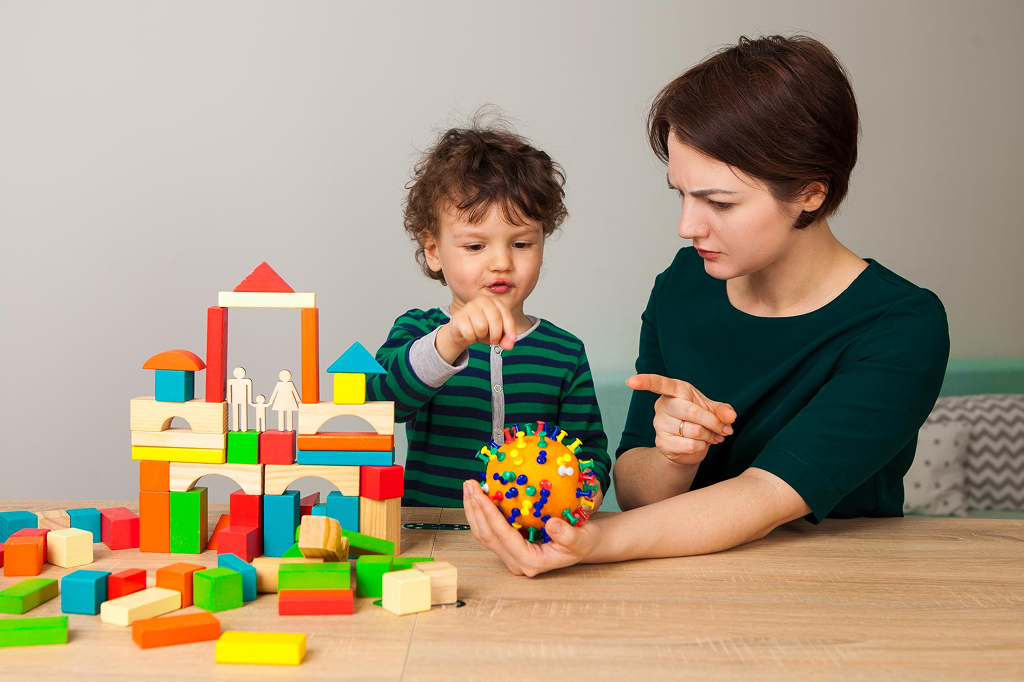Navigating Big Emotions in Little People
As parents, we do everything we can to keep our children safe, happy, and healthy. We bandage scraped knees, cheer from the sidelines, and hold them close when their hearts hurt. But what about the pain we can’t see? What do we do when the worry lingers longer than usual, when the sadness seems too heavy for their little shoulders, or when our instincts whisper that something’s not quite right? If you’ve been wondering whether your child might benefit from therapy, you’re not alone—and you’re not failing. In fact, asking this question is a profound act of love, protection, and thoughtful parenting.
Here’s what to consider when trying to decide if it might be time to seek professional support for your child.
Trust Your Parental Instincts
You know your child better than anyone. If you’ve noticed changes in them, their mood, behavior, or social life that seem unusual or persistent, don’t ignore it. Are they more withdrawn than usual? Has their sleep, appetite, or school performance shifted dramatically? Do they seem constantly anxious, preoccupied, angry, or overwhelmed? You don’t need to have all the answers—you just need to recognize when something doesn’t seem or feel ok.
Understand What Therapy Offers Children
Therapy for young people—it’s about creating a safe, supportive space where youth can process their thoughts and emotions. Whether they’re dealing with a specific challenge (like divorce, bullying, grief, or trauma) or just need help managing big and unfamiliar feelings, therapy can teach kids healthy coping tools, building emotional resilience.
Just like adults, children benefit from having someone outside their immediate circle to talk to—especially someone trained to listen with care and concern, without judgment.
Common Signs Your Child May Benefit from Therapy
While every child is different, here are some red flags to watch for:
- Ongoing sadness or irritability
- Excessive worry, fear, or panic
- Frequent emotional outbursts or aggression
- Withdrawal from friends or activities they once enjoyed
- Trouble sleeping or frequent nightmares
- Regression (e.g., bedwetting, baby talk)
- Difficulty concentrating in school or a sudden drop in performance
- Expressing hopelessness, self-harm, or thoughts of death
These signs don’t necessarily mean something is “wrong” with your child—but they are signals that your child may be struggling to cope and could benefit from extra support.
Normalize the Conversation
One of the most powerful things you can do is talk about mental health openly and without shame. Let your child know that it’s okay to feel big feelings—and that it’s also okay to ask for help. Remind them that no one is perfect and that we all have feelings, that we need to express and may need help with.
“Just like we go to the doctor when our body doesn’t feel good, it’s okay to talk to someone when our heart or mind doesn’t feel good either.”
You’re not “putting something in their head.” You’re giving them language, permission, and safety to express what they might not know how to say on their own.
You Don’t Have to Wait for a Crisis
Sometimes, therapy is most effective when used early—before things feel too big, overwhelming or out of our control. You don’t have to wait until there’s a crisis to offer your child support. Prevention and early intervention can make a world of difference. Think of therapy as part of your child’s wellness toolkit, just like healthy food, physical activity, and rest.
Seeking therapy for your child doesn’t mean you’ve done something wrong. It means you love your child enough to notice, to ask questions, and to reach out for help when they and you, need it the most.
It’s okay to feel unsure or overwhelmed—what matters most is that your child knows that you will continue to love and support, just because of who they are.
Therapy is a courageous step, towards personal enrichment, that your child deserves.
Because the truth is: mentally healthy kids grow into emotionally strong adults. And that starts with safe, compassionate support—right here, right now.
If you’re considering next steps and not sure where to begin, reach out to your pediatrician, school counselor, or a licensed child therapist in your area. Help is out there—and so is healing.
Would you like this to be formatted as a newsletter or shared with specific resources for parents to find a child therapist (like Psychology Today or local support centers)? I can add that next if you’d like!





